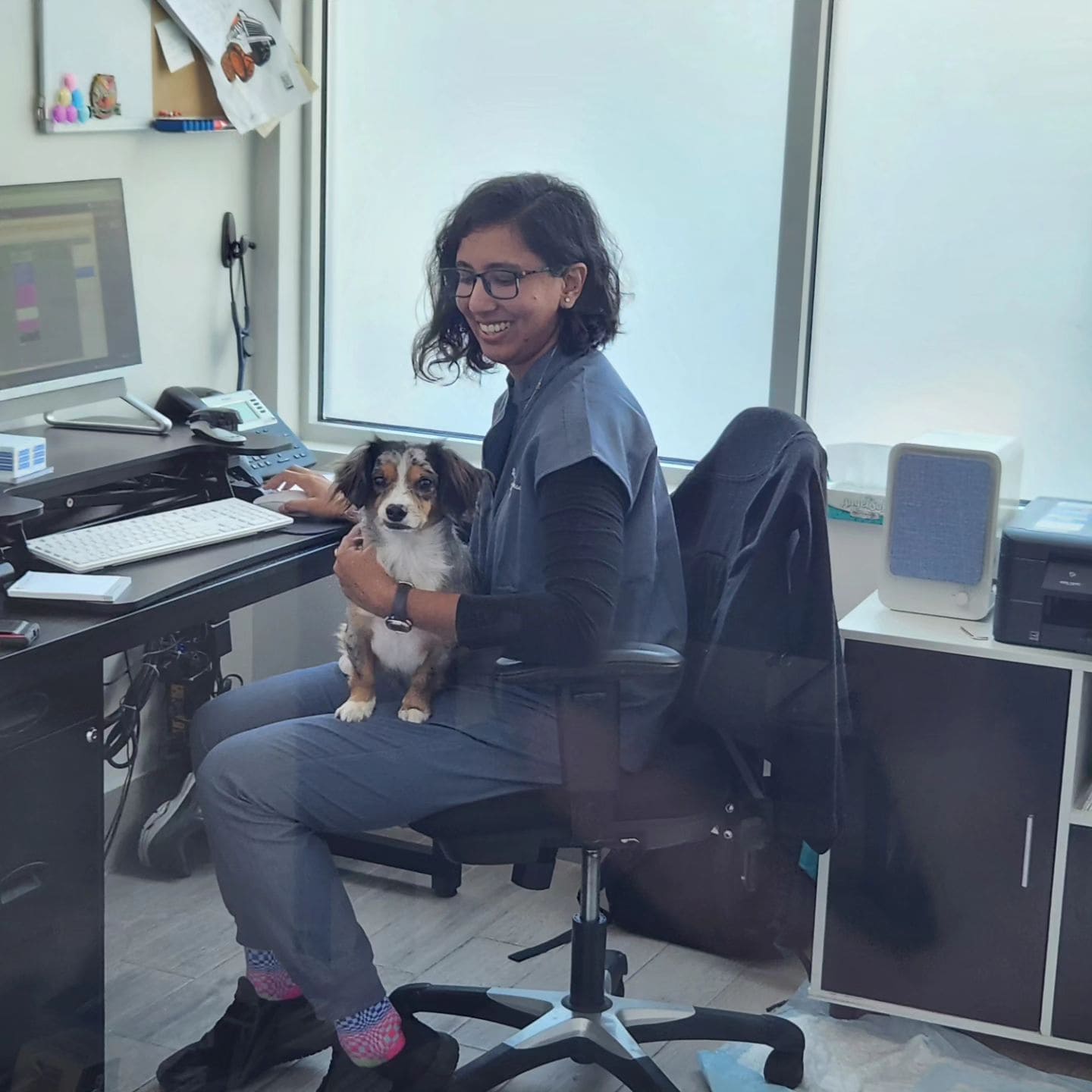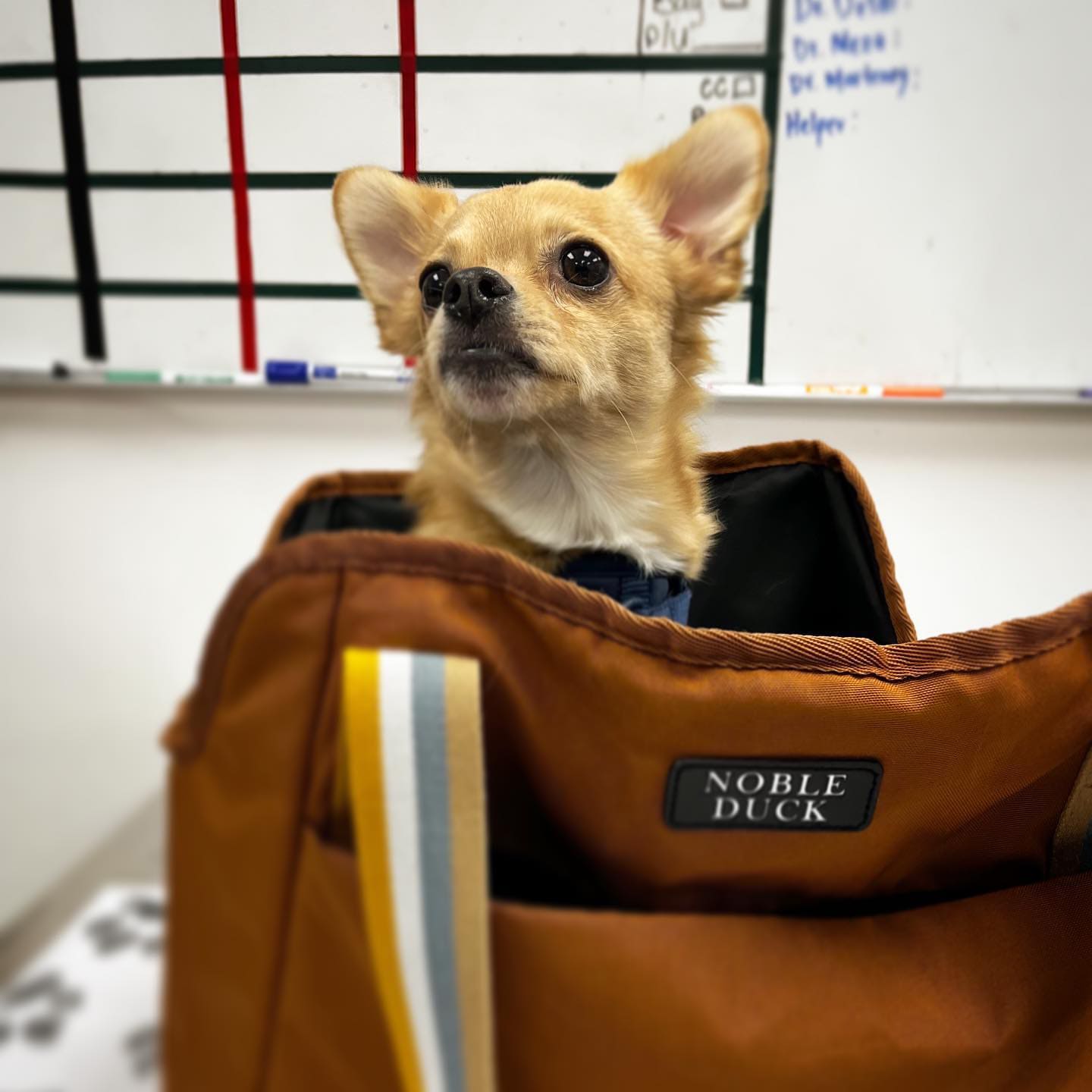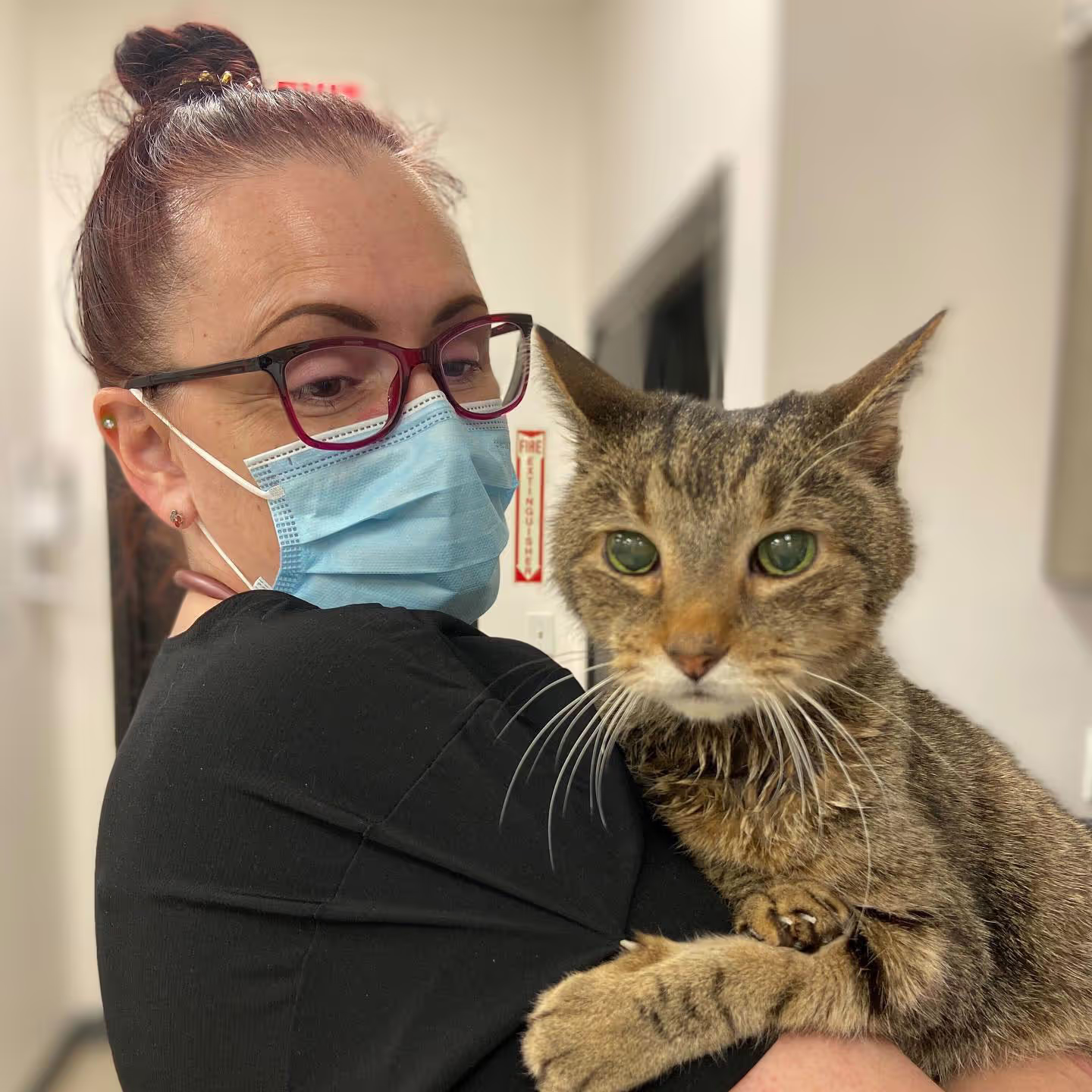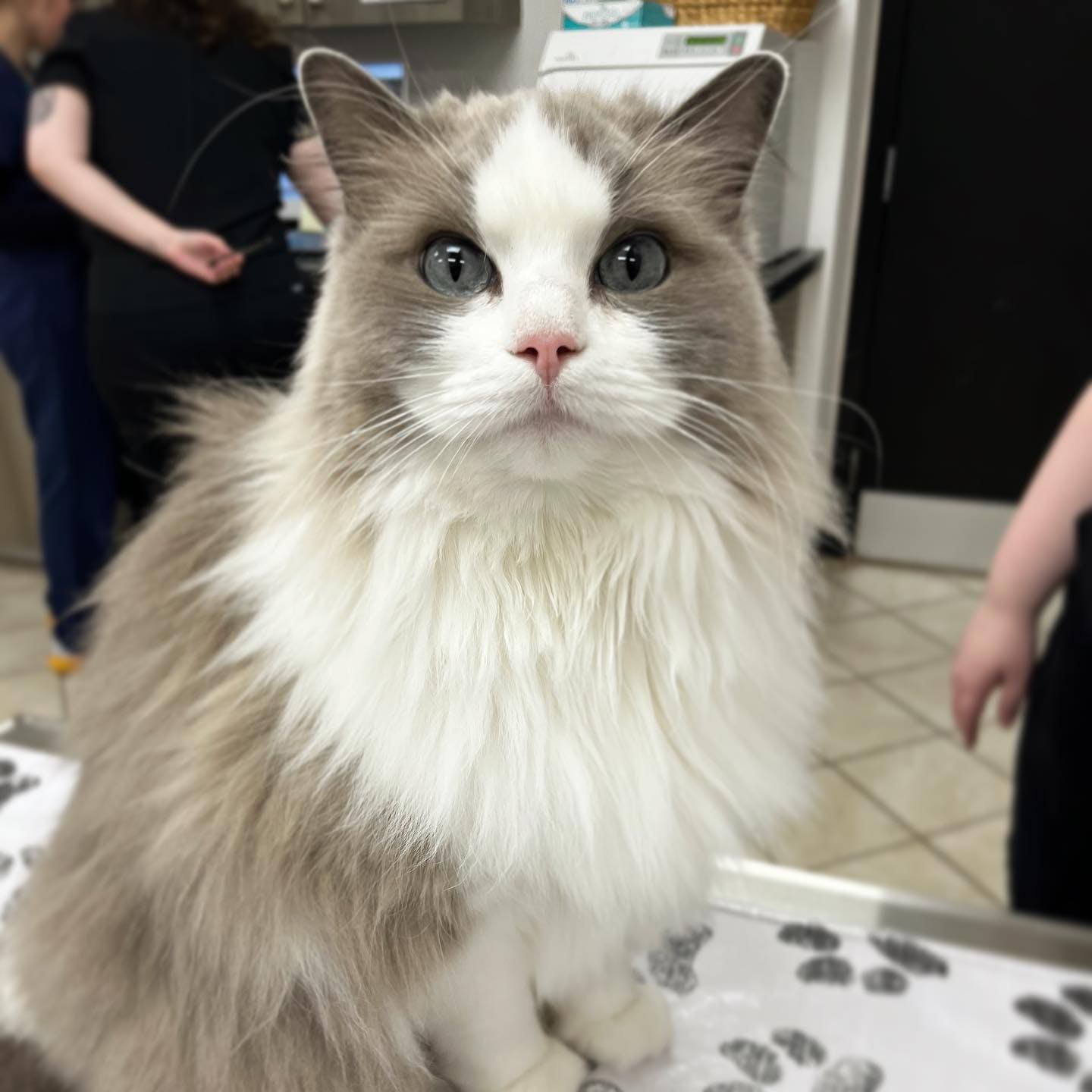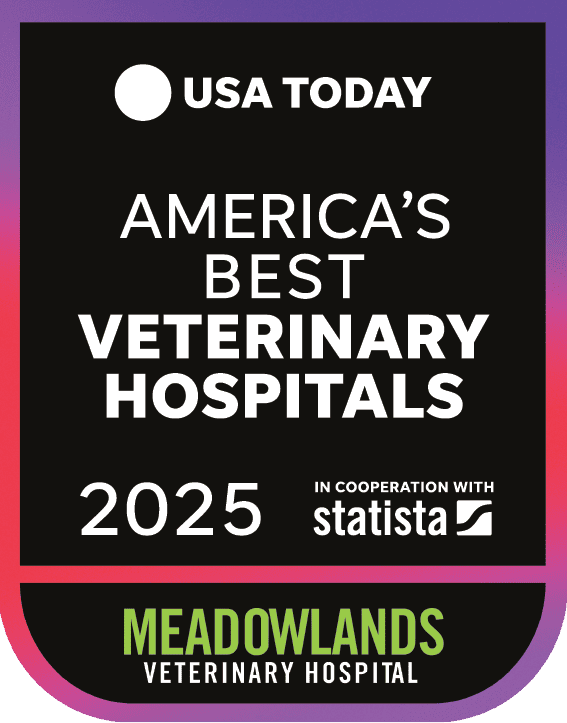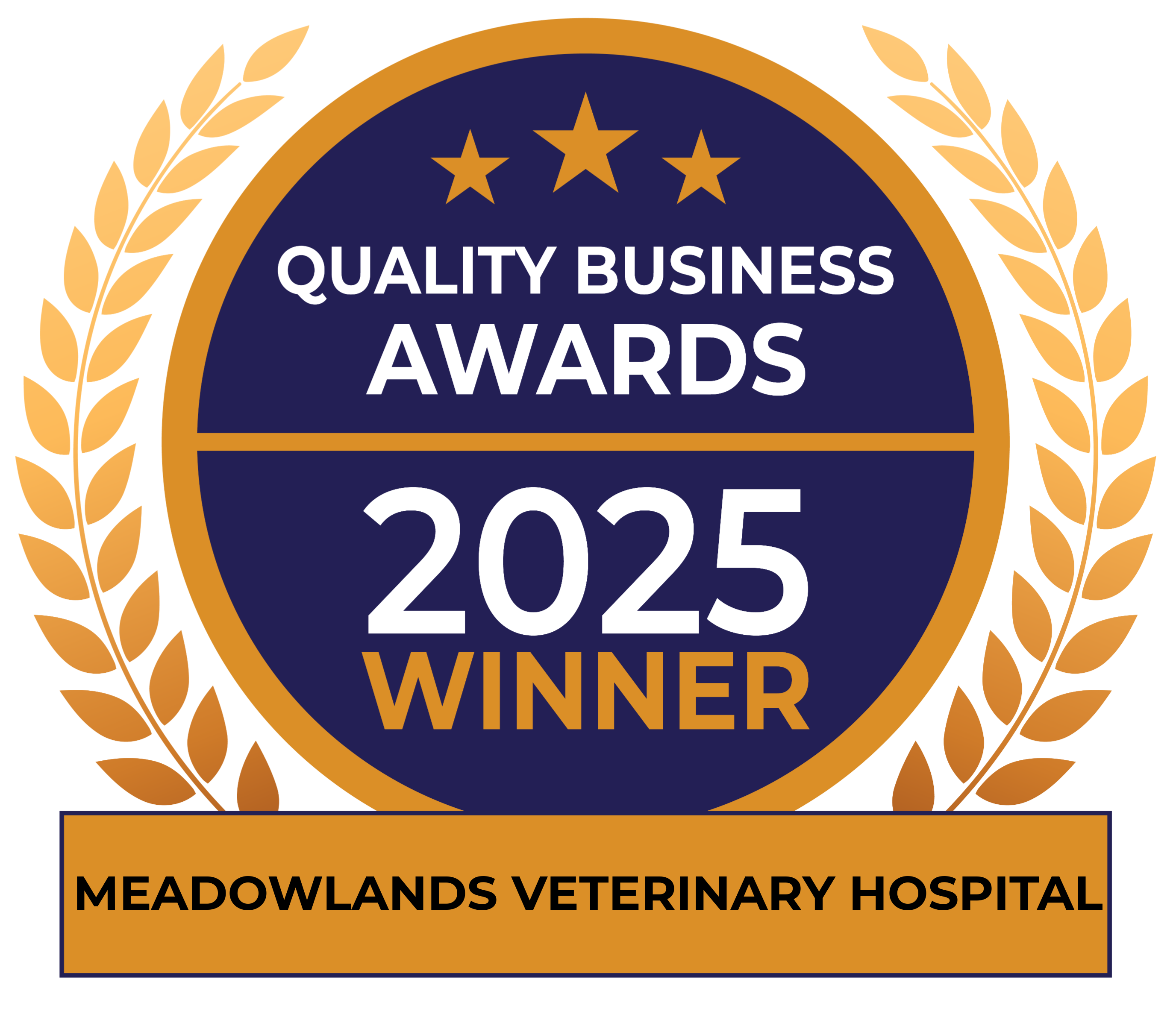Pet Dental Care

GINGIVITIS
Gingivitis refers to gum inflammation. This occurs when bacteria from plaque and tartar are secreted below the gum line, making gums sensitive and inflamed.

PERIODONTAL DISEASE
Periodontal disease is what happens if gingivitis isn’t treated. Bacteria from tartar begins to break down gum tissues and in time, bone, roots, and even the jawbone.

TOOTH DAMAGE AND LOSS
When your pet’s teeth are impacted by dental disease, they are not nearly as strong and can become loosened and/or cracked, and may even fall out!

TOOTH RESORPTION
Tooth resorption is common in cats, and the cause of it is unknown. When it occurs, certain cells are “turned on” and start eating away at the teeth. It’s a painful process and best treated if caught early!

SYSTEMIC HEALTH PROBLEMS
If dental disease is left untreated, the bacteria in the mouth can actually enter your pet’s bloodstream and affect vital organs like the heart, liver and kidneys, causing irreversible damage.
Dental diseases in cats and dogs develop in a similar way to human dental diseases. Plaque and tartar, which harbor bacteria, build up on your pet’s teeth. Over time, the bacteria can cause bad breath, discoloration, and inflammation. Here are some of the more serious problems dogs and cats face with dental disease:
WHAT’S THE BIG DEAL WITH DENTAL DISEASE?
HOW TO PREVENT DENTAL DISEASE IN PETS
- Brush your pet’s teeth daily. We know this can be a challenge, but it really is the best method for reducing plaque and tartar buildup on the teeth. If your pet absolutely will not have it, there are some other options.
- Add dental supplements to your pet’s diet. There are many different dental health supplements out there that can help reduce plaque and tartar on your pet’s teeth including dental chews and treats, water additives, oral rinses, and prescription dental diets.
- Schedule routine professional teeth cleanings. Even pets with the very best dental at-home regimen will require routine professional cleanings at our animal hospital. The procedure is not only for cleaning teeth, but also for thoroughly assessing oral health so we can stay on top of any problems.

WHAT TO EXPECT WITH CAT & DOG TEETH CLEANING
A teeth cleaning procedure requires general anesthesia for your pet’s safety (and because most cats and dogs won’t tolerate a hand in their mouth for very long!). To ensure their safety, we’ll perform an exam and pre-anesthetic blood work to check that they don’t have any underlying conditions that could interfere with anesthesia. Once they’re cleared, we’ll administer the anesthesia and begin the procedure:
- We’ll take digital dental X-rays to assess the health of teeth below the gumline.
- A thorough assessment of your pet’s mouth will give us an idea of what kind of disease progression (if any) they have.
- Ultrasonic and hand scaling removes plaque and tartar buildup both above and below the gumline.
- We’ll finish by polishing each tooth’s enamel to create a smooth surface that reduces the amount of plaque and tartar sticking to your pet’s teeth.
- If needed, we’ll perform extractions of damaged or loose teeth—with your permission of course. Any pet who undergoes extractions will also receive appropriate pain medication to mitigate their discomfort.

Contact Us
Hackensack, NJ 07601






